北京大学-芝加哥大学联合暑期学校
北京大学和芝加哥大学作为战略合作伙伴,有着长期、良好的合作交流历史。2019年,北京大学芝加哥中心在美注册成立,成为北京大学设立的首个海外中心。中心作为北京大学对外交流的重要平台,积极探索教育对外开放的新模式,促进北京大学与北美高校间在人才培养、科研探索、人文交流等多方面的合作。
在授课经验累积和精心筹备下,北京大学和芝加哥大学共同推出“北京大学-芝加哥大学联合暑期学校”(以下简称“暑校”)。届时,你将在北京大学校园接受来自芝加哥大学和北京大学顶级教授的全英文面对面授课指导,完成由教授监督的小组研究项目,到访行业顶尖机构学习实践,得到来自中美相关领域顶尖从业者的职业规划建议与社交网络,并获得由北京大学及芝加哥大学哈里斯公共政策学院联合颁发的课程结业证书。
今年的暑校提供三个独立的全英文课程,分别聚焦:国际政策分析与实践,货币政策与国际金融、环境经济政策分析与实践。项目为全球顶尖学生和在职专业人士提供跨学科学术体验和丰富的校友及职业网络。暑校已开始面向全球学子接受申请,感兴趣的朋友们请扫描文末二维码,进入项目咨询微信群,接受关于具体课程宣讲会的进一步信息。
课程一:国际政策分析与实践International Policy Action Lab,IPAL
时间:2024年7月8日-2024年8月2日
国际政策分析与实践课程(International Policy Action Lab,以下简称IPAL)凭借热门的研究问题、专业的师资配备、高效的社群链接为全球顶尖学生和在职专业人士提供跨学科学术体验。参与者们抱持着探索国际社会政策发展逻辑的理想,通过三门课程的学习,将接受严格的数据分析和社会科学研究方法培训,学习进行国际政策研究的循证方法。研究讨论以及课后社群活动让同学们得以在交流互动中拥有更多维的碰撞思考。
课程老师:
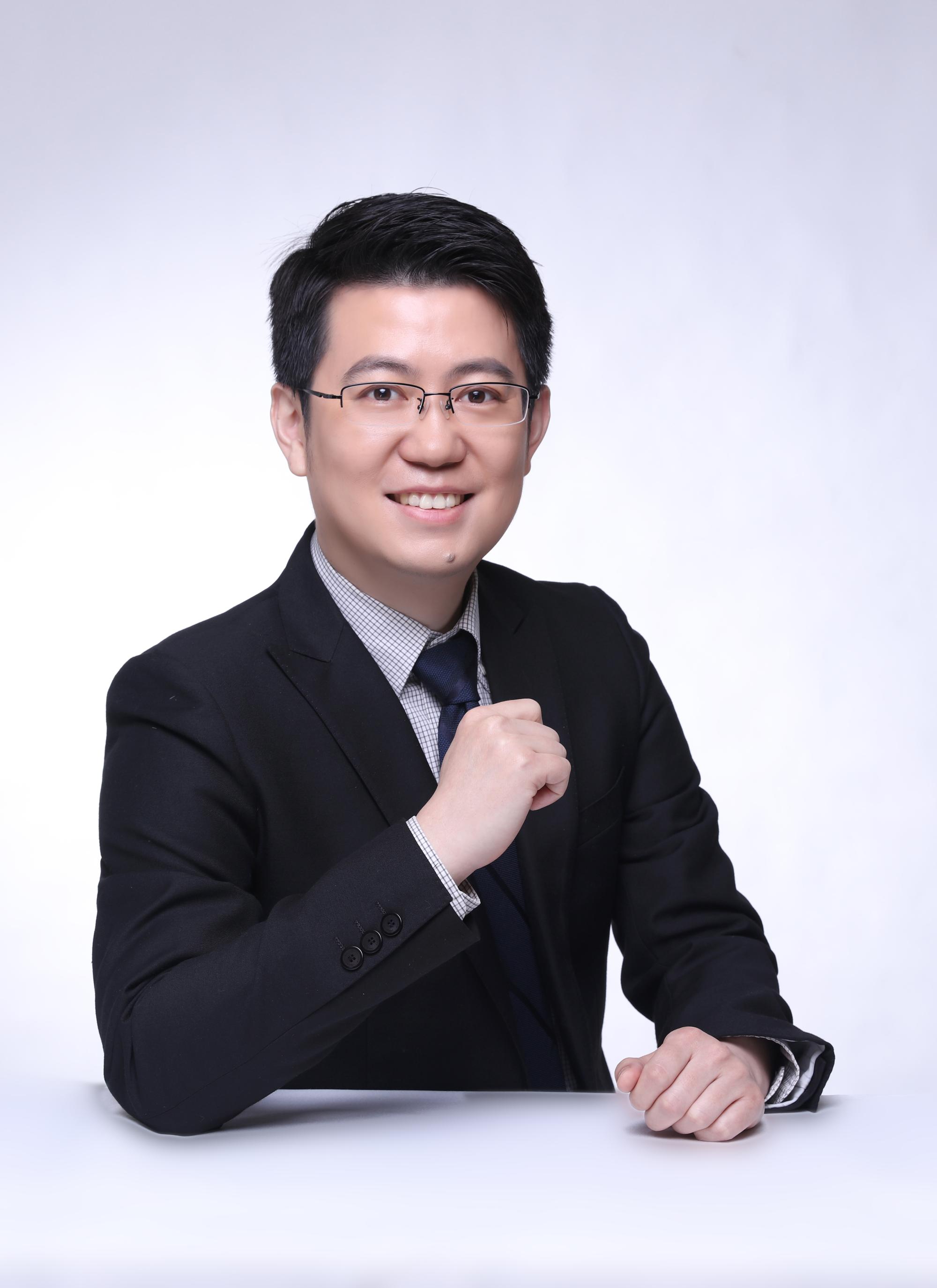
秦雪征
北京大学经济学院
副院长、教授
秦雪征博士是北京大学经济学院副院长、教授、博导,北京大学全球健康发展研究院副院长,北京大学市场经济研究中心主任。研究领域为卫生健康经济学、人力资本经济学、应用计量经济学。先后主持由国家自然科学基金、教育部人文社会科学研究基金、加拿大国际发展研究中心等机构资助的多项科研课题。当选中国劳动经济学者论坛主席,担任国际学术期刊《China & World Economy》副主编,及多个学术杂志的客座主编或编委,兼任国家自然科学基金和国家社会科学基金评审委员、中国劳动经济学会常务理事等社会职务。
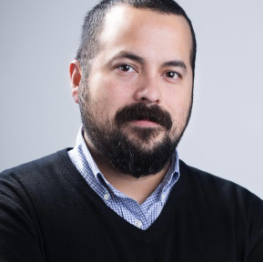
Austin Wright
芝加哥大学哈里斯公共政策学院
助理教授
Austin博士是芝加哥大学哈里斯公共政策学院助理教授,也是被芝加哥大学学生多次评为“最佳教授”奖项的获奖者。他的研究领域为政治经济学,利用微观数据研究阿富汗、哥伦比亚、印度尼西亚和伊拉克的冲突和犯罪。他的工作得到了美国国家科学基金会、尼豪斯全球治理中心、亚洲基金会和世界银行的支持。Austin博士在德克萨斯大学奥斯汀分校获得政府与社会学学士学位和传播科学学士学位,在普林斯顿大学获得政治学硕士和博士学位。
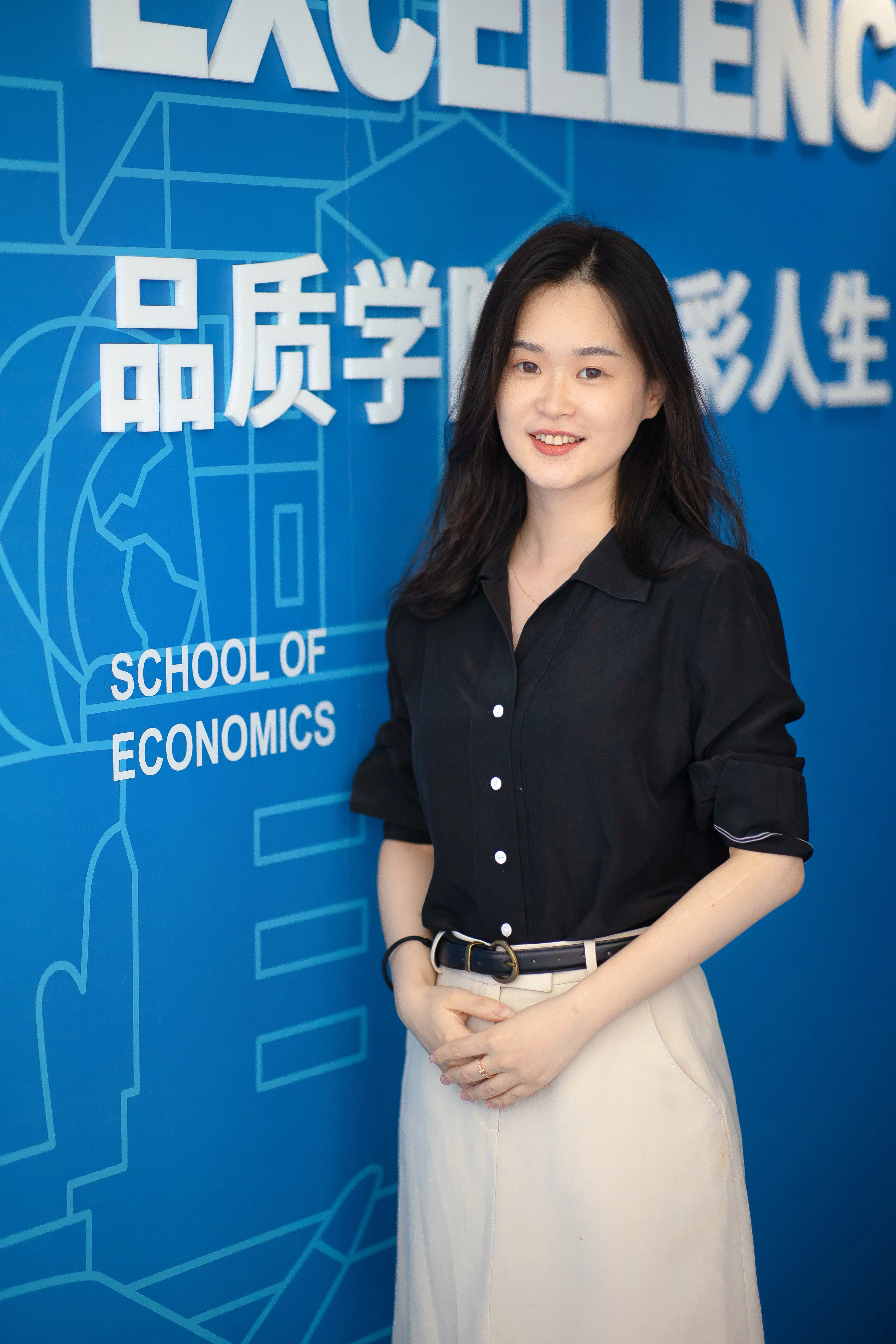
陈嫣然
北京大学经济学博士,美国耶鲁大学联合培养博士生,现就职于首都经济贸易大学经济学院。主要研究方向为环境健康经济学和劳动经济学,长期开设计量经济学、高级计量经济学和应用计量经济学等课程。
课程内容:
· 国际政策与研究方法导论
· 计量经济学方法论及其应用
· 计量模型及Stata软件的基本操作和程序语言
课程亮点:
· 四周线下课程,两校教授共同在北京大学面对面授课
· 国际政策领域的理论基础与实践分享
· 顶尖国际组织实地走访与职业规划建议
· 由北京大学及芝加哥大学哈里斯公共政策学院联合颁发的课程结业证书
课程费用:
· 常规费用:4500美元
· 早鸟价:4200美元(3月26日之前提交申请)
· 北京大学及芝加哥大学在读学生及校友优惠价:3800美元
课程细节请见:
https://info.harris.uchicago.edu/international-policy-action-lab/program-details
课程二:货币政策与国际金融Monetary Policy and International Finance,MPIF
时间:2024年7月15日-2024年8月2日
货币政策与国际金融课程(Monetary Policy and International Finance,以下简称MPIF)专为对货币政策和国际金融政策领域感兴趣的本科生、研究生和相关行业从业者开设。通过两校顶级教师联合授课,并借助全球范围内行业领袖的积极参与,本项目将会带领学生从理论与实践层面,研究现代世界的货币与银行体系以及中央银行与商业银行的角色,并邀请中美金融行业从业者分享实践与职业发展经验心得。此外,课程将讨论政府和中央银行的政策选择及其对国内利率与外汇汇率的影响,并研究商业银行的作用,以及在金融紧张时期中央银行必须作为最后贷款人时带来的复杂性。
课程老师:

Thomas Coleman
芝加哥大学哈里斯公共政策学院资深讲师
曾任芝加哥大学贝克弗里德曼经济研究所执行总监与资深顾问。在重返芝大前,Coleman在金融市场有着超过二十年的资深从业经历,曾担任的职务包括但不限于:摩尔资本管理有限责任公司(Moore Capital Management, LLC)量化分析和风险控制主管;总部位于伦敦的对冲基金管理公司Aequilibrium Investments, Ltd.的董事和创始成员;在伦敦TMG金融产品公司、雷曼兄弟公司和S.G. Warburg公司担任固定收益衍生品研究和交易的卖方角色。著有:《Quantitative Risk Management》及《A Practical Guide to Risk Management》。
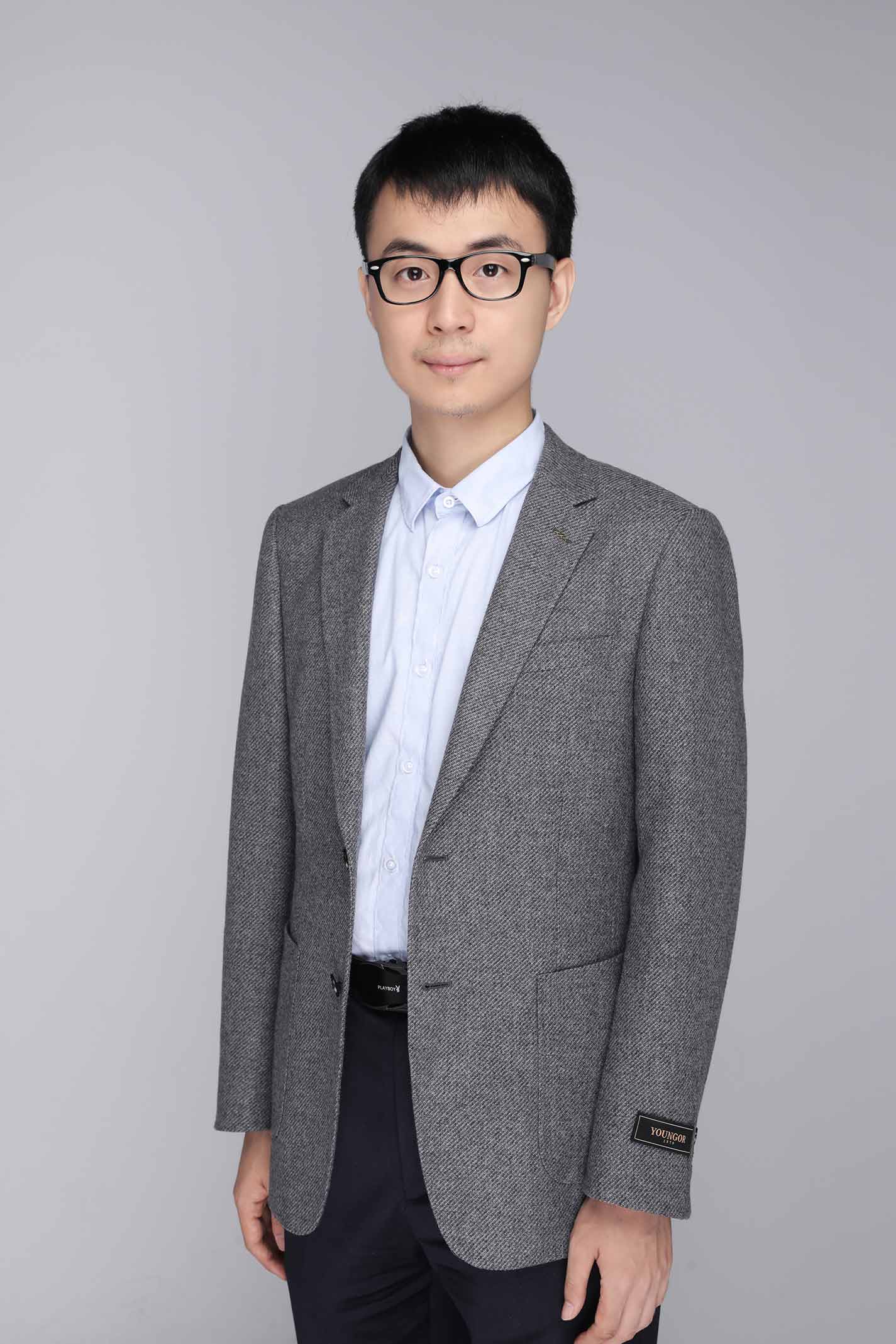
陈泽丰
北京大学光华管理学院
助理教授
陈泽丰博士2015年于芝加哥大学取得数学学士学位,2021年于斯坦福大学取得经济学博士学位,随后加入北京大学光华管理学院任助理教授。研究方向为国际金融与宏观金融,特别关注于美元在国际金融市场的霸权和以此带来的资本流动对世界宏观经济的影响。
课程内容:
· 当代货币与银行业
· 现代各国货币系统的结构与效能
· 中央银行与商业银行之于国家的角色
· 货币政策制定及其对本国利率、外汇汇率的影响
· 金融紧张时期中央银行充当最后贷款人的复杂性以及商业银行的角色
· 中美金融领域顶尖职业人讲职业规划与社交网络
课程亮点:
· 三周线下课程,两校教授共同在北京大学面对面授课
· 货币与国际金融领域的理论基础与实践分享
· 实地考察和访问金融组织,丰富行业知识,拓宽社交网络
· 由北京大学及芝加哥大学哈里斯公共政策学院联合颁发的课程结业证书
课程费用:
· 常规费用:3300美元
· 早鸟价:3000美元(3月26日之前提交申请)
· 北京大学及芝加哥大学在读学生及校友优惠价:2700美元
课程细节请见:
https://info.harris.uchicago.edu/monetary-policy-international-finance/program-details
课程三:环境经济政策实践分析Environmental Economics and Policy Lab, EEPL
时间:2024年7月29日-2024年8月16日
环境经济政策实践分析课程(Environmental Economics and Policy Lab,以下简称EEPL)是一门面向本科生、研究生和对环境经济学和能源政策领域感兴趣的专业人士的课程。该课程由芝加哥大学教授在北京大学面对面授课,并在北京进行实地考察和交流。本课程将对环境经济学理论和应用进行广泛探讨,结合当今世界环境政策问题引入能源政策主题,并探讨转化为微观经济理论问题,以突出政策制定者面临的决策限制和基本权衡。
课程老师:
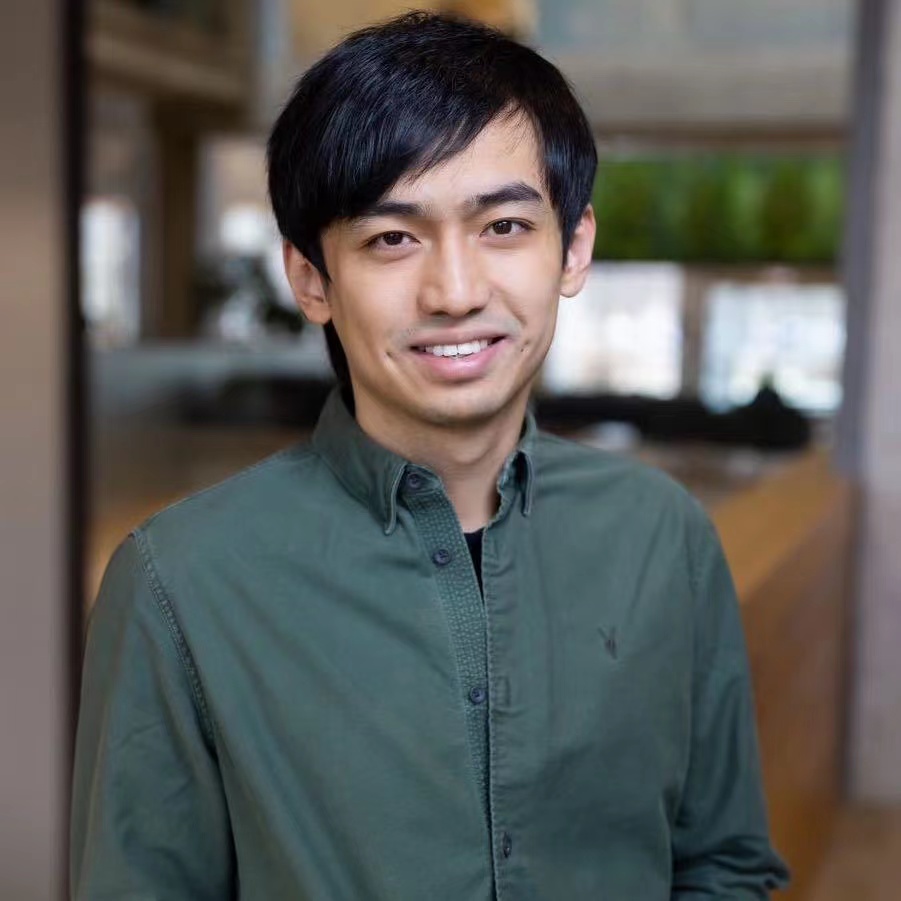
王绍达Shaoda Wang
芝加哥大学哈里斯公共政策学院
助理教授
王绍达博士目前担任国家经济研究局(NBER)教员研究员、芝加哥大学能源与环境政策研究所中国中心(EPIC中国)学术副主任。他是一位应用经济学家,研究方向为发展经济学、环境经济学和政治经济学,旨在了解公共政策背后的政治经济学原理,并以中国为重点关注方向。王绍达博士拥有北京大学学士学位和加州大学伯克利分校博士学位。
课程内容:
· 环境经济学理论基础
· 环境能源政策实践分享
· 以发展经济理论理解和解决环境能源问题
课程亮点:
· 三周线下课程在北京大学面对面授课
· 中美两国环境政策研究权威学者的前沿学术分享
· 实地考察和访问能源和环境组织,扩展职业知识和行业网络
· 由北京大学及芝加哥大学哈里斯公共政策学院联合颁发的课程结业证书
课程费用:
· 常规费用:3300美元
· 早鸟价:3000美元(3月26日之前提交申请)
· 北京大学及芝加哥大学在读学生及校友优惠价:2700美元
课程细节请见:
https://info.harris.uchicago.edu/environmental-economics-policy-lab/program-details
如何申请
以上所有项目均开放给来自不同专业和学术背景的参与者,欢迎在读本科生(需在2024年暑期前在全日制大学完成至少一年的本科学习)、研究生与在职人士申请。申请者需要通过线上系统提交以下申请材料:
1)完成线上申请
2)动机陈述(300字)
3)简历
4)成绩单
5)英文成绩(托福/雅思/多邻国/英语四六级)
如何申请的部分可以参考项目网站:
https://info.harris.uchicago.edu/international-policy-action-lab/program-details
申请时间
提前轮申请截止时间:2024年3月26日(此日期前申请可享受早鸟价)
首轮申请截止日期:2024年4月23日
二轮申请截止日期:2024年5月28日
*申请者将在每轮申请截止日期后的约两周内收到是否录取的通知
*外籍学生需持有效学习签证参加项目学习,对于需要申请签证前往中国的申请者,请考虑签证申请时长合理安排项目申请时间
期待你在2024年的夏天,在美丽的燕园
与两校顶尖教师与学者共探前沿领域
成就更好的自己!
扫描二维码加入项目信息群组,与招生官直接交流:
Scan the QR code to join the programme information group and speak directly to admissions officers:
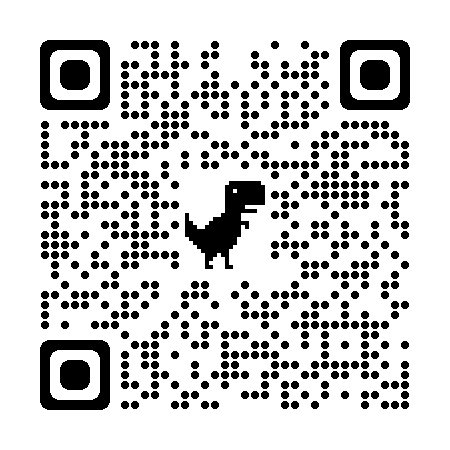
如有任何问题,请发送电子邮件至:
If you have any questions, please send an email to:
pkuucsummer@pku.edu.cn(北京大学)
harriscredential@uchicago.edu(芝加哥大学)
Apply Now!2024 PKU-UChicago Summer School Launch
PKU-UChicago Summer School
Peking University and the University of Chicago have a long and well-established history of cooperation and exchange as strategic partners. In 2019, Peking University Chicago Center was registered in the U.S., making it the first overseas centre established by Peking University. As an important platform for Peking University's external exchanges, the center actively explores new modes of spreading the education methods all over the world and promotes cooperation between Peking University and universities in North America in various aspects such as talent training, research exploration and humanistic exchanges.
With rich experience in teaching and careful preparation, Peking University and the University of Chicago have launched "Peking University-University of Chicago Joint Summer School" (hereinafter referred to as "Summer School"). During the Summer School, you will receive face-to-face instruction and guidance in English from top professors in UChicago or PKU on PKU campus, complete a group of research projects supervised by professors, visit top industry organizations to learn about their best practices, receive career planning advice and social networking from top practitioners in related fields in China and the United States, and receive a certificate of completion jointly awarded by Peking University and the Harris School of Public Policy at the University of Chicago.
This year's Summer School offers three separate full English language programmes focusing on: International Policy Action Lab (IPAL), Monetary Policy and International Finance (MPIF), and Environmental Economics and Policy Lab (EEPL). The programmes offer an interdisciplinary academic experience and a rich alumni and professional network for leading students and working professionals from around the world. The Summer School is now open for application! Please scan the QR code at the end of the article to access the Project Advisory WeChat Group of the programmes and receive further information on specific programme briefings.
Course I:
International Policy Action Lab,IPAL
Duration:8 July 2024 -2 August 2024
The International Policy Action Lab (IPAL) provides an interdisciplinary academic experience for leading students and working professionals from around the world through popular research questions, professional faculty and effective community network. With the ideal of exploring the logic of international social policy development, participants will be trained in rigorous data analysis and social science research methods through three courses. They will also learn evidence-based methods for conducting international policy research. Research discussions and post-course community activities allow students to have a more multidimensional collision of thinking in a communicative and interactive way.
Faculty:
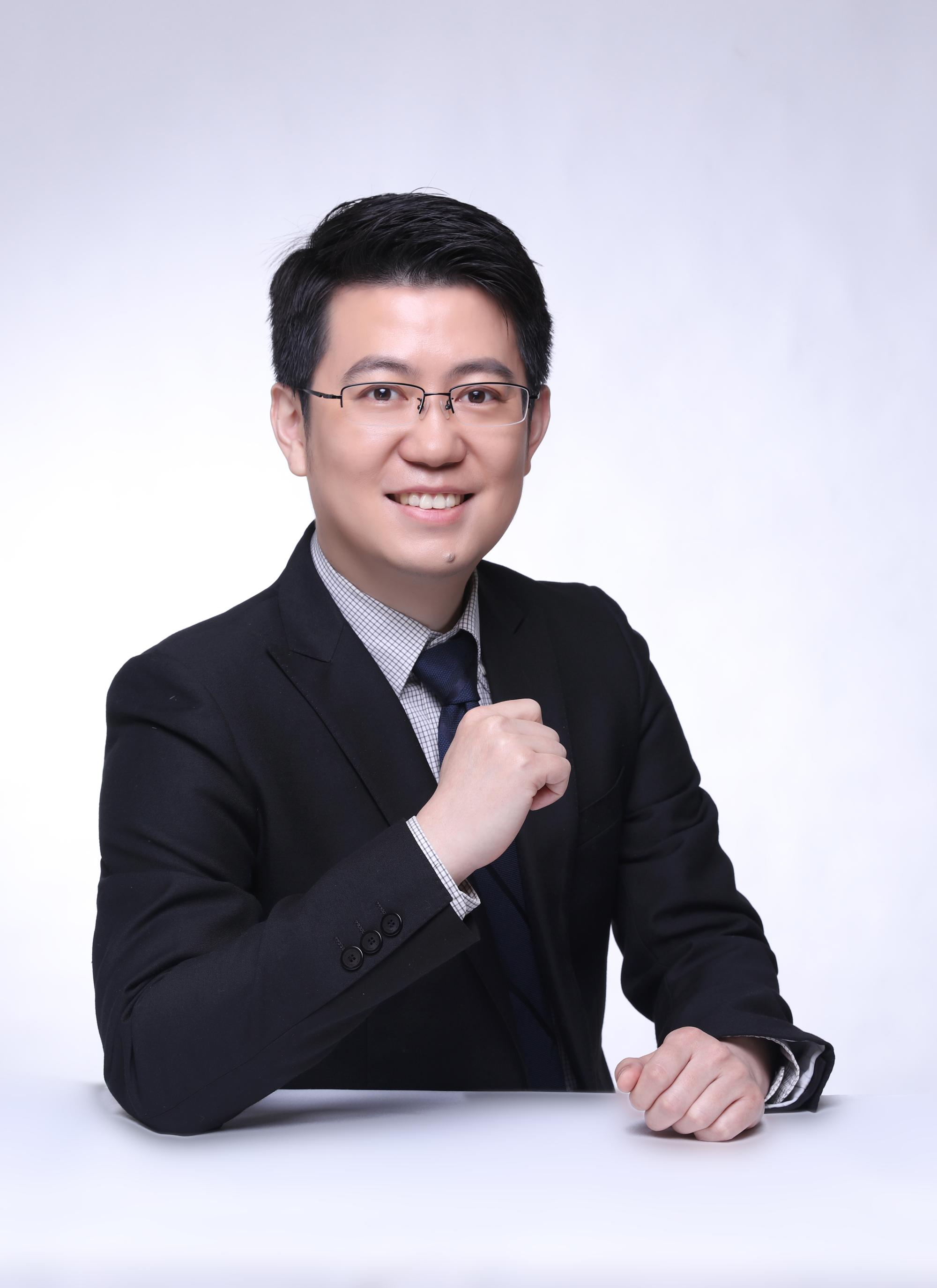
Xuezheng Qin
Deputy Dean, Professor, School of Economics, Peking University
Dr. Qin is Professor and Deputy Dean at Peking University School of Economics, and Director of the Peking University Research Center for Market Economy. Dr. Qin's primary research interests include health economics, economics of human capita and applied econometrics.
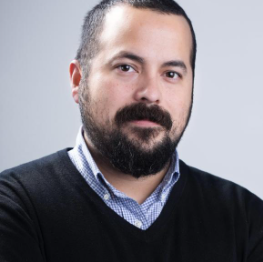
Austin Wright
Assistant Professor, Harris School of Public Policy, University of Chicago
Dr. Wright is an Assistant Professor at the University of Chicago Harris School of Public Policy and a faculty affiliate of The Pearson lnstitute for the Study and Resolution of Global Conflicts. His research leverages micro-level data to study the political economy of conflict and crime in Afghanistan, Colombia, lndonesia and lraq, Wright's work is supported by the National Science Foundation, Niehaus Center for Globa Governance, the Asia Foundation, and the World Bank.
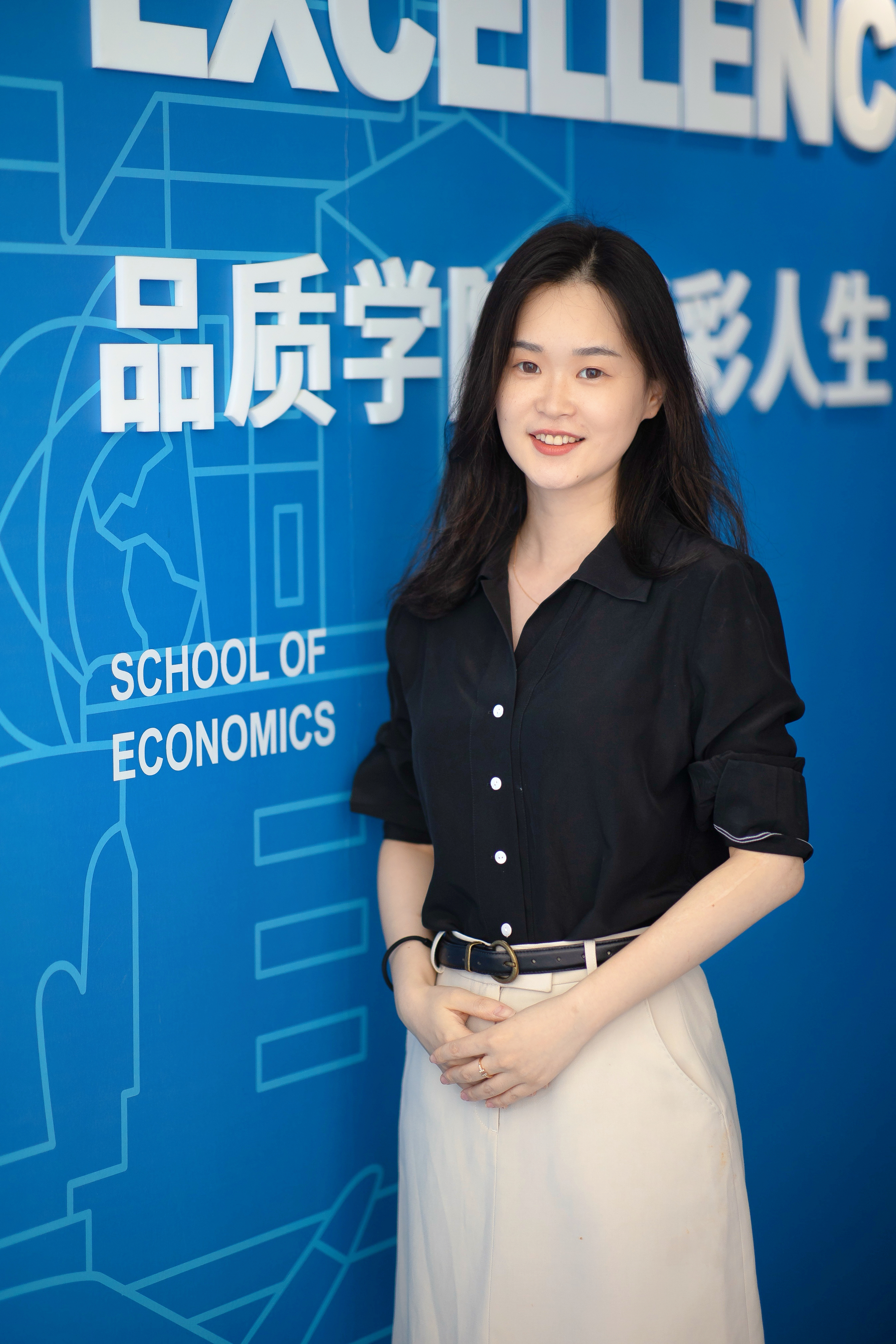
Yanran Chen
A Ph.D student of Economics from Peking University and a joint Ph.D student from Yale University. Now she works at School of Economics, Capital University of Economics and Business. Her main fields of study are environmental health economics and labour economics. She has been offering courses in econometrics, advanced econometrics and applied econometrics for a long time.
Course Content
•Introduction to international policy and research methods
•Econometric methodology and its applications
•Econometric models and the basic operation and programming language of Stata software
Course Highlights
•Four-week offline course, taught face-to-face at Peking University by professors from both universities
•Theoretical foundations and practical sharing in the field of international policy
•Field trips to top international organizations and career planning advice
•Certificate of completion jointly awarded by Peking University and the Harris School of Public Policy at the University of Chicago
Course Fees
Regular fee: US$4,500
Early bird rate: US$4,200 (applications due by 26 March)
Discounted rate for current students and alumni of Peking University or the University of Chicago: US$3,800
For more information, please refer to the website: https://info.harris.uchicago.edu/international-policy-action-lab/program-details
Course II:
Monetary Policy and International Finance,MPIF
Duration:15 July 2024 - 2 August 2024
The Monetary Policy and International Finance (MPIF) is designed for undergraduate , postgraduate students and practitioners interested in the field of monetary and international finance policy. Co-taught by top faculty from both universities and with the active participation of industry leaders from all over the world, the programme will take students through a theoretical and practical examination of the monetary and banking systems of the modern world and the role of central and commercial banks, and will invite practitioners from the U.S. and China to share their practical and professional experiences. In addition, the course will discuss the policy choices of governments and central banks and their impact on domestic interest rates and foreign exchange rates, study the role of commercial banks and the complexities that arise when central banks must act as lenders of last resort in times of financial stress.
Faculty:

Thomas Coleman
Senior Lecturer, Harris School of Public Policy, University of Chicago
He was formerly Executive Director and Senior Advisor at the Baker Friedman Institute of Economics at the University of Chicago. Before returning to the University of Chicago, Coleman was a veteran of the financial markets for over twenty years, the positions including but not limited to: Head of Quantitative Analysis and Risk Control at Moore Capital Management, LLC; a director and founding member of Aequilibrium Investments, Ltd., a London-based hedge fund manager; sell-side roles in fixed income derivatives research and trading at TMG Financial Products, London, Lehman Brothers and S.G. Warburg. Author of: Quantitative Risk Management and A Practical Guide to Risk Management.
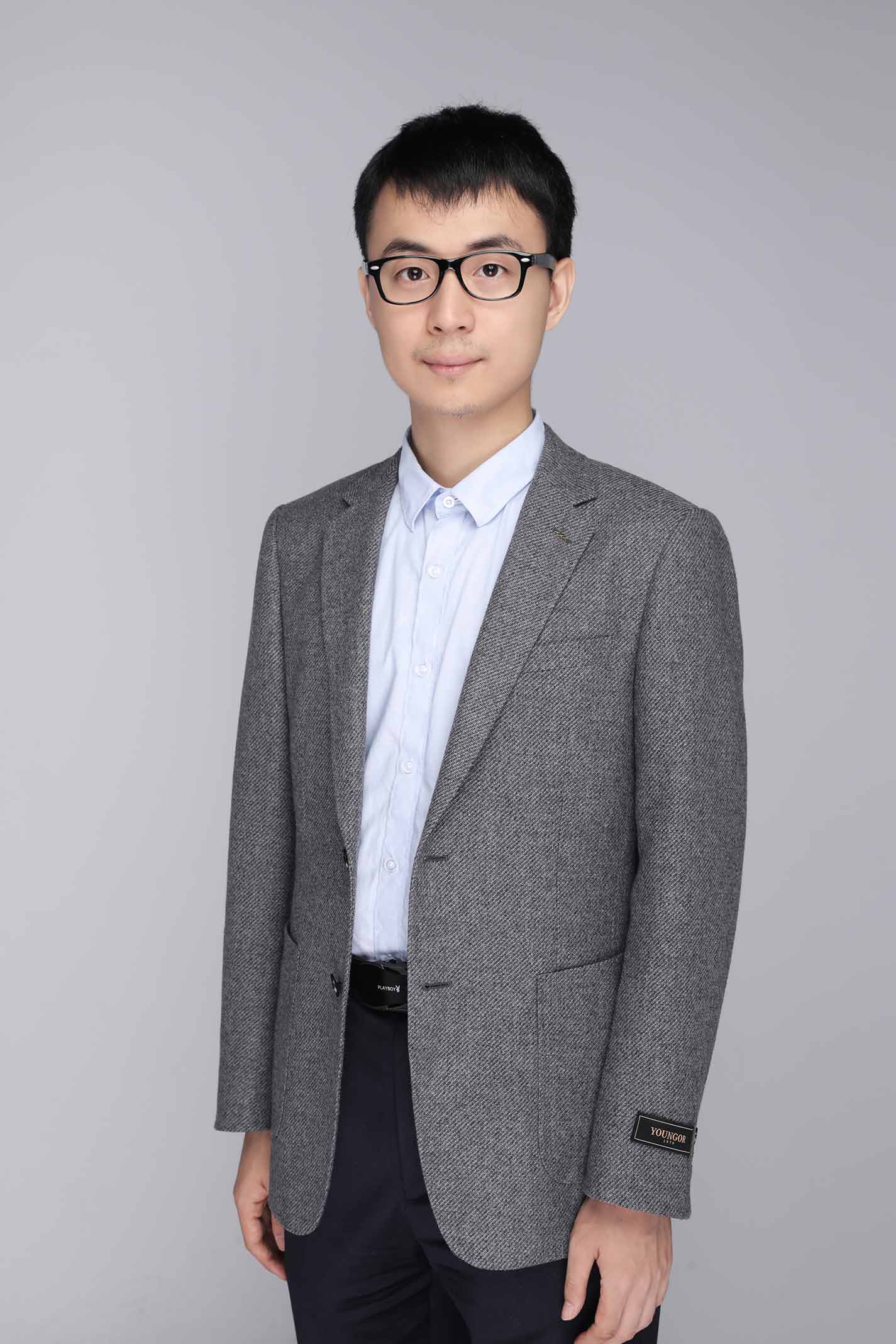
Zefeng Chen
Associate Professor, Guanghua School of Management, Peking University
Zefeng Chen joined Guanghua School of Management as an assistant professor on 2021. Prior to joining Guanghua, Zefeng obtained undergraduate degree in mathematics from the University of Chicago, and Ph.D degree in economics from Stanford University. Zefeng' s research interest lies in international finance, especially how the dominant role of U.S. dollars affects global macroeconomics.
Course Content
•Money and banking in the modern world
•The monetary systems of different nations
•The roles of central and commercial banks in the country
•The policy choices of governments and central banks and their effects on domestic interest rates and foreign exchange rates
•The role of commercial banks along with the complexities that arise when central banks must act as lender of last resort in times of financial stress
•Network with, and hear insights and career advice from leading practitioners in the U.S. and China finance sectors
Course Highlights
•Three-week offline courses with professors from both universities teaching face-to-face at Peking University
•Theoretical foundation and practical sharing in the field of currency and international finance
•Field trip and visits to financial organizations to expand your career knowledge and industry network
•Certificate of completion jointly awarded by Peking University and the Harris School of Public Policy at the University of Chicago
Course Fees
Regular fee: US$3,300
Early bird rate:US$3,000 (applications due by 26 March)
Discounted rate for current students and alumni of Peking University or the University of Chicago: US$2,700
For more information, please refer to the website: https://info.harris.uchicago.edu/monetary-policy-international-finance/program-details
Course III:
Environmental Economics and Policy Lab, EEPL
Duration:29 July 2024 - 16 August 2024
The Environmental Economics and Policy Lab (EEPL) is a course for undergraduate, postgraduate students and professionals interested in the field of environmental economics and energy policy. The course is taught face-to-face by professors of University of Chicago at Peking University with field trips and exchanges in Beijing. The course will provide a broad exploration of the theory and application of environmental economics, introduce the topic of energy policy in the context of environmental policy issues in the world today, explore the translation into microeconomic theory issues and highlight the decision constraints and fundamental trade-offs faced by policy makers.
Faculty:
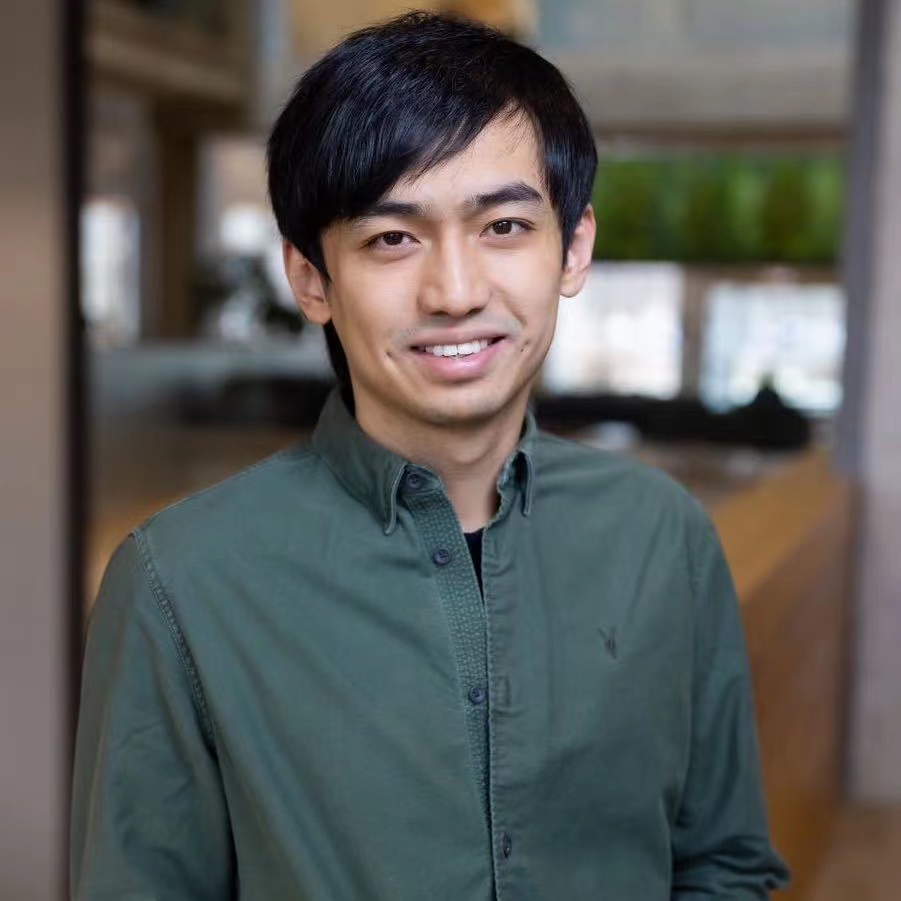
Shaoda Wang
Assistant Professor, Harris School of Public Policy, University of Chicago
Dr. Shaoda Wang currently serves as a National Bureau of Economic Research (NBER) Faculty Fellow and Academic Associate Director of the Energy and Environmental Policy Institute China Center (EPIC China) at the University of Chicago. He is an applied economist. His research fields include development economics, environmental economics and political economy, aiming to understand the political economy principles behind public policy, with a focus on China. Dr. Shaoda Wang holds a B.A .from Peking University and a Ph.D from the University of California, Berkeley.
Course Content
•Theoretical Foundations of Environmental Economics
•Sharing Environmental Energy Policy in Practice
•Understanding and addressing environmental and energy issues in the context of development economic theory
Course Highlights
•Three-weeks offline courses delivered face-to-face at Peking University
•Cutting-edge academic sharing from leading scholars in environmental policy research in China and the U.S. to expand professional knowledge and industry networks
•Field trips and visits to energy and environmental organizations
•Certificate of completion jointly awarded by Peking University and the Harris School of Public Policy at the University of Chicago
Course Fees
Regular fee: US$3,300
Early bird rate: US$3,000 (applications due by 26 March)
Discounted rate for current students and alumni of Peking University or the University of Chicago: US$2,700
For more information, please refer to the website: https://info.harris.uchicago.edu/environmental-economics-policy-lab/program-details
How to apply
All of the above programmes are open to participants from a various professional and academical background. Current undergraduate students (who need to have completed at least one year of undergraduate study at a full-time university by summer 2024), postgraduate students and working professionals are all welcomed in this programme. Applicants are required to submit the following application materials via online system.
1) Completed online application
2) Statement of motivation (300 words)
3) Curriculum vitae
4) Transcripts
5) The accepted types of language tests:TOEFL/IELTS/DUOLINGO/English Level 4/6
For the application, please refer to the website: https://info.harris.uchicago.edu/international-policy-action-lab/program-details
Application Period
Early bird application deadline: 26 March 2024 (early bird rates available for applications before this date)
First round application deadline: 23 April 2024
Second round application deadline: 28 May 2024
* Applicants will be notified of their acceptance or non-acceptance within approximately two weeks of the closing date for each round of applications.
* Foreign students must have a valid study visa to participate in the programme. For applicants who need to apply for a visa to travel to China, please take the time length of your visa application into account and schedule your application properly.
We look forward to seeing you in the summer of 2024 at PKU campus!
Explore cutting-edge fields with leading teachers and scholars from both universities
Upgrade to a higher version of yourself!
Scan the QR code below to join the programme information group and speak directly to admissions officers:
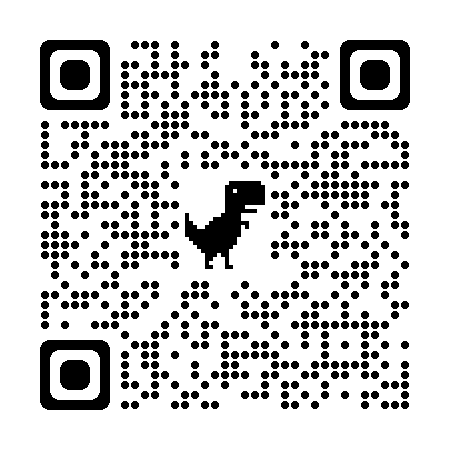
If you have any questions, please send an email to:
pkuucsummer@pku.edu.cn(北京大学)
harriscredential@uchicago.edu(芝加哥大学)